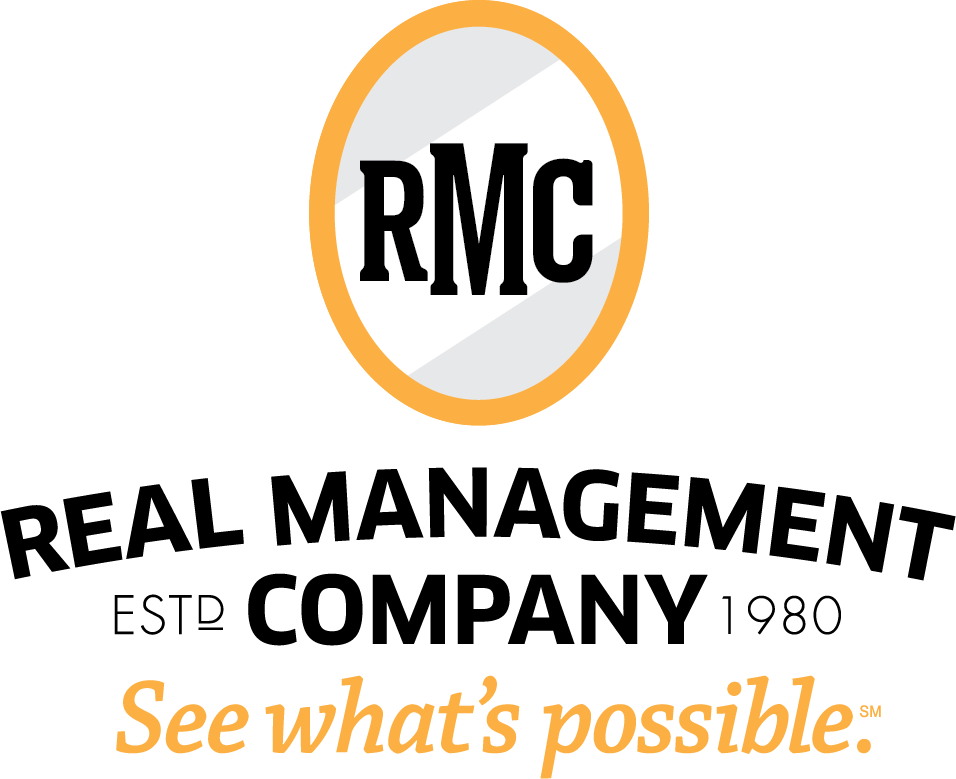Are you getting screwed out of your security deposit?
Security Deposits are the most frequent cause of legal trouble in the Bay Area rental market. What are your rights as a tenant or as a property owner? How do you know the difference between legitimate charges, questionable charges and charges that are simply wrong. What can you do to make sure that you are protected up front. Don't get taken advantage of when it comes to #SecurityDeposits. Tune-in to today's show to learn more.
Had a great show last week with Brian Copeland on April 20. I got stuck in traffic because of the big party in GG Park and we discussed
Next time on Brian Copeland Show - May 10, 3PM.
Copies of the book available in hardcover or Kindle.
Trivia Question: How many commissioners sit on the San Francisco Rent Board Commission?
Last week I had a great time at the SFAA Trade Show. During the show I had an interview with Clifford Fried, our attorney dealing with landlord-tenant issues. I asked him the most common problem that he sees with his DIY owner clients and he surprised me with his answer: security deposits! I don’t typically have any trouble with security deposits so I figured it might be best to go over the topic on today’s show.
Rules
- Security deposits may be held by a landlord to ensure a tenant’s faithful performance of the terms of the lease. Deductions are only allowed for unpaid rent and to make repairs for damage “beyond normal wear and tear.” Security deposit disputes are common based on disagreements over the definitions of two common terms:
- Clean - It’s amazing to me how often tenants and owners don’t understand the concept of “clean.” Landlords: it’s best to make sure your unit is IMMACULATELY clean when a tenant moves in because it helps make the case, when they move out, that any dirt they brought in BELONGS TO THEM. A tenant needs to pay the cost of removing the dirt just like they’d need to pay the cost of removing a couch they left behind. I’ll admit I’m not 100% on this myself, though I try to make sure we do our best. Tenants frequently leave units dirty in places they didn’t even think to clean: inside the oven, under the burners of the stove, tile grout and caulk. All of these areas should be clean and having them dirty isn’t acceptable.
- Normal wear and tear - it’s hard to determine what the definition of the world “normal” is, especially here in San Francisco where just about anything passes for it! Here are some examples, though. If you have pile carpet in your apartment the places where you walk, like in front of the couch or in the hallway will squish down and compress more readily than the areas where you don’t walk, like under the couch. This wear would be considered “normal wear and tear” especially if it’s after a significant age, like three years or more.
- Doesn’t include late fees, etc. Story about leasing fee recovery.
- Maximum Deposits
- 2x one month’s rent for unfurnished
- 3x one month’s rent for furnished - this brings up my objection to furnished rentals: why do a furnished rental if you can only collect ONE more month of rent as a deposit?
- Interest on Deposits - 0.6% in SF; not required elsewhere unless specified in local ordinance. http://sfrb.org/sites/default/files/Document/Form/572%20Security%20Deposit%20Interest%20Rates%2017-18.pdf
- Offset by Rent Board fee - $20 per unit in 2016-17 http://sfrb.org/sites/default/files/Document/Form/573%20Rent%20Board%20Fee%20History%2016-17.pdf
- Amortization of Deductions
- If a unit is freshly painted when a tenant moves in and needs to be fully painted again after a year, that’s not reasonable wear and tear. The tenant cannot be required to pay the full cost to repaint, either, because that’s not reasonable. You need to amortize over the useful life of a paint job. I figure it’s around three years per paint job with turnovers (but this doesn’t mean every unit needs to be painted every year; if the same person resides in the unit for five years they’re not going to be entitled to a paint job at the end of their third year). The tenant can be held responsible for two thirds of the new painting cost. $3,000 to paint the unit means the tenant pays $2,000 to do the job and the owner pays $1,000 for the year the tenant lived in the unit. On the other hand, if a tenant stays five years the landlord has received the full benefit of the paint job and, as a result, the landlord shouldn’t charge an amortized cost for remaining years. If the tenant made holes, though, the repair of the holes isn’t fair wear and tear. For example, a tenant hangs TVS in the bedrooms and living room and leaves holes where the brackets were, this patching would be beyond normal wear and tear. I’ve also seen tenants install other items that hang from the walls or ceilings, like slings or other such “gear” that cause damage and are not reasonable to expect the landlord to repair.
- Requirement to provide itemized statement within 21 days.
- Requirement to provide invoices documenting the cost of the work
- Owners’ ability to use a “reasonable” labor rate to compensate for work they complete. If you’re an attorney, don’t bill at your attorney rate; if you’re making deposit deductions don’t do the work yourself. Charge the tenant and have a professional do the job! Don’t overcharge.
- Deposits vs. last month’s rent
- Security deposits are ALWAYS refundable - no cleaning fees/moving charges/etc. Tenants can’t waive their right to a refundable deposit.
Trivia Question: Trivia Question: How many commissioners sit on the San Francisco Rent Board Commission? FIVE with five alternates.
